Soil Testing
It’s soil sampling season. Hundreds of thousands of fields are yielding to the soil probe as farmers,
agrologists, and retailers are pulling cores as fast as they can before freeze up. The soil test is a crucial
decision making tool in planning the next year’s crop. Understanding each field’s organic matter,
residual nutrient levels, and pH levels are but a few of many factors that all come together in a soil test
report to allow you to make an informed decision on what it will take to produce a crop that meets your
expectations. Soil experts suggest that every field be soil tested every year. They surmise that each field
should be treated as unique and that using a whole-farm, or even crop specific, fertility management
strategy is not financially efficient. To paraphrase, how can one make decisions about fertility without
knowing what is currently available in the soil?
Despite some arguments that the unused nutrient can remain in the soil for future crops
(notwithstanding the varying disagreements over nitrogen losses,) over-fertilizing will use up working
capital in the current year. Under-fertilizing can limit your yield potential. Both are manageable risks.
So the question begs, “Why don’t all farms soil test all fields every year?”
“Labor” is part of the answer, so is “time.” If “cost” forms part of the reply, I have to seriously consider
mindset. What is the cost of a soil test on one field when measured against the risk of over, or under,
fertilizing? (Not to mention the value in being able to validate changes in your soil over the years.)
I would connect the same mindset to understanding a farm’s financial position before making business
decisions. Many farmers still do not make knowledge of their financial situation enough of a priority and
continue to make substantial business decisions based on emotion, or gut feeling. Pulling together your
net worth, income/expense, and cash flow statements provide you the same informed principles when
making financial business decisions as does the soil test when making crop and fertility decisions.
Understanding your farm’s financial position is crucial to making business decisions. Identifying how
your profitability, your equity, and your cash flow will be affected allows you to make informed choices.
These effects, once appreciated, can be measured against your business and personal goals to allow for
prudent and strategic business resolutions.
This leads directly into the heated debate over Big Data or Ag Data or whatever buzz word you prefer to
use. Without stepping onto that stage, the basis of the argument is the same:
- Knowledge is power.
- Uninformed decisions increase risk.
- You can’t manage what you don’t measure.
While managing ALL you farm data is critical to the future of your success in the industry, I’m not
insisting that getting on the data train be 100% completed by everyone this winter. Like with anything
new, there are innovators & early adopters, and there are laggards, but the majority of us are
somewhere in between. Get over the mindset that the soil test is an excuse for retailers to sell you more
inputs; get over the mindset that “big data” will one day . This is about your business and how you can make
the most informed decision possible. Remember, you can only make informed decisions with quality
information.
Direct Questions
Would you write a cheque without knowing your bank balance? Would you accept regular information
from your bank that was “close,” or do you demand accurate reports each month?
Your soil test creates your “soil balance sheet.” Are you investing adequate time and effort into your
“financial balance sheet?”
The appropriate time for soil testing is after harvest but before seeding; once per year. How often are
you measuring your financial status? (HINT: it should be much more than once per year.)
From the Home Quarter
The parallels that can be made between doing a soil test and doing a financial review are many. While
there are subtle differences as well, the analogy is somewhat uncanny. Mindset comes up in this
discussion, as does data. In the end, it’s up to each business owner to decide how he/she will make
management decisions: with quality information leading to knowledgeable decisions, or by intuition
relying on emotion and gut-feeling. They’re almost as different as “black and white.”
Our Farm Financial Analysis service is akin to a report card, or a soil test report, of you farm financial
status. You get a clear and direct summary of strengths and weaknesses. It will also act as an indication
of the quality of your information (two benefits in one!) Post-harvest is probably the best time for a
Farm Financial Analysis so that you’re afforded opportunity to make changes (if necessary) before your
fiscal year end. Call or email for details.

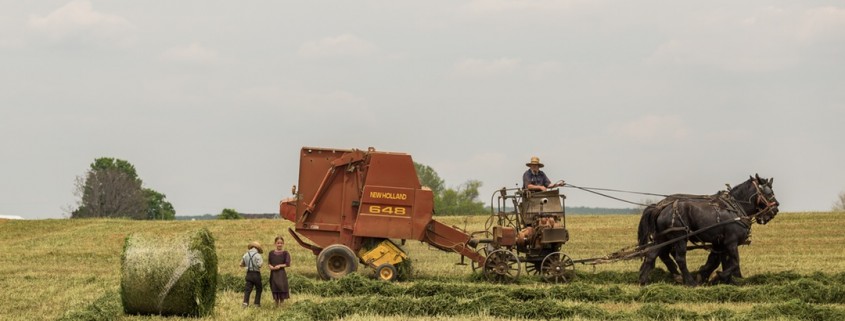
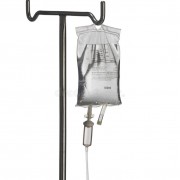
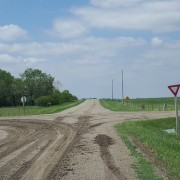




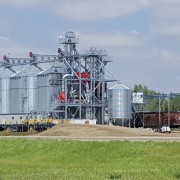
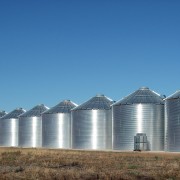


Leave a Reply
Want to join the discussion?Feel free to contribute!